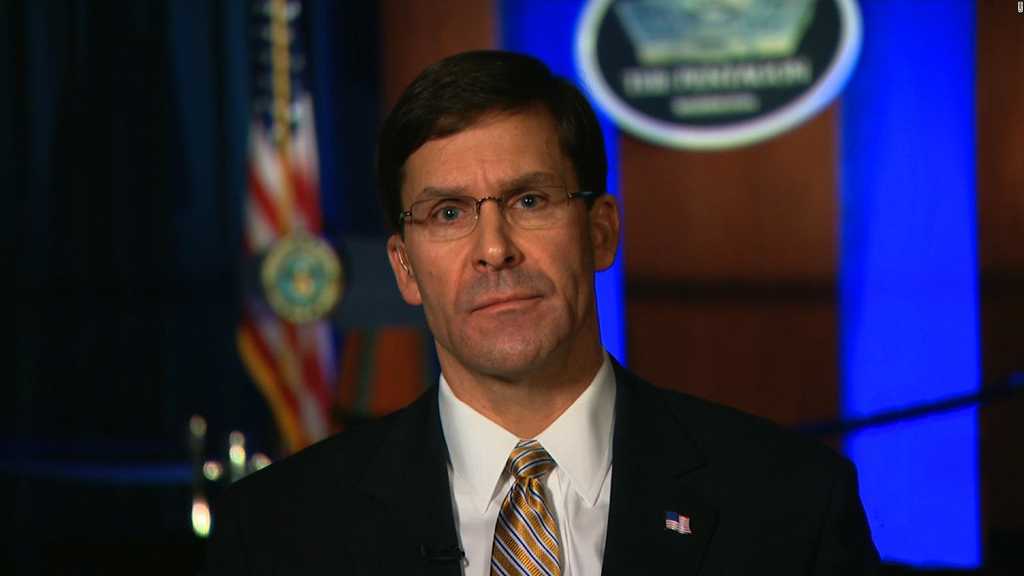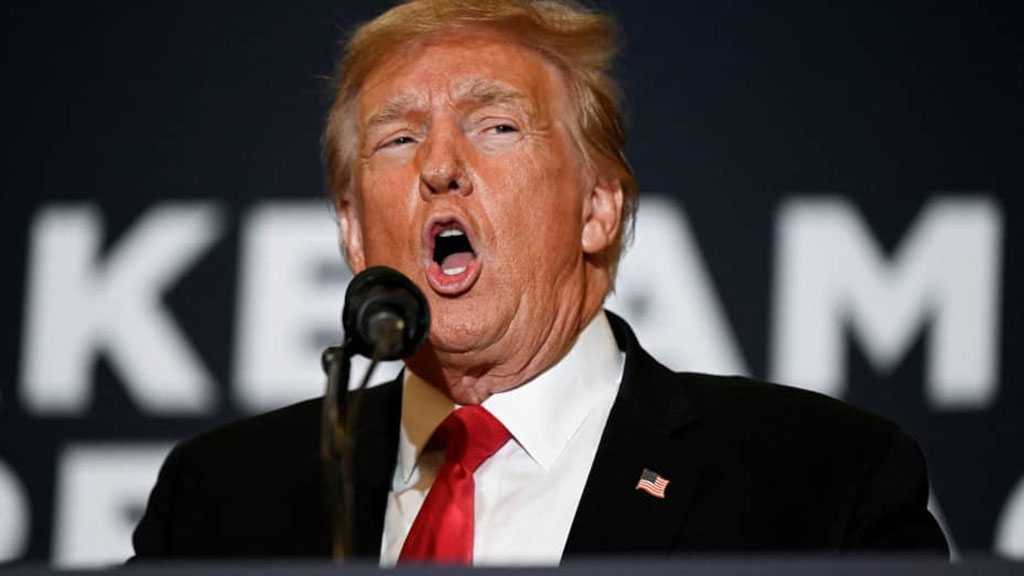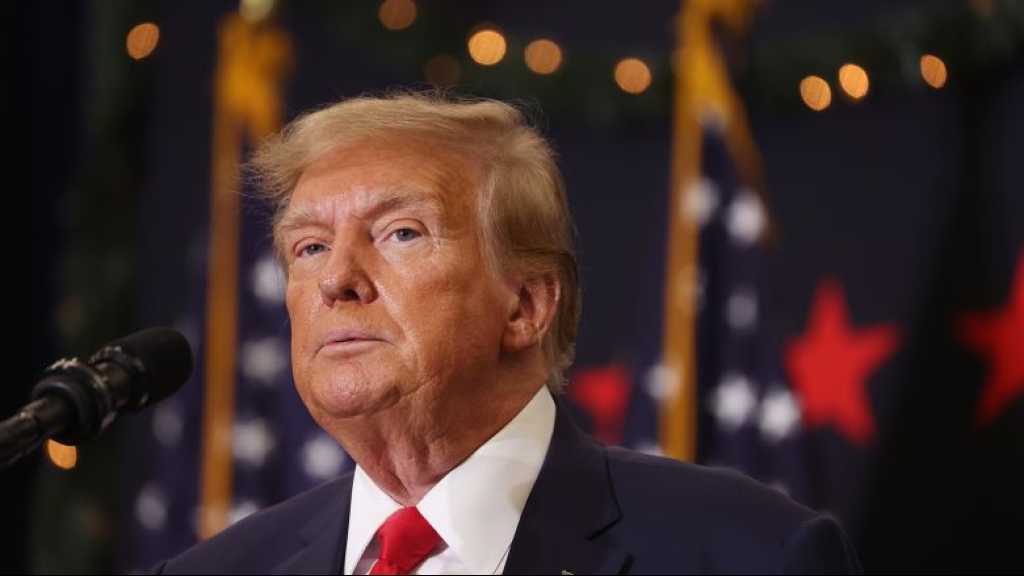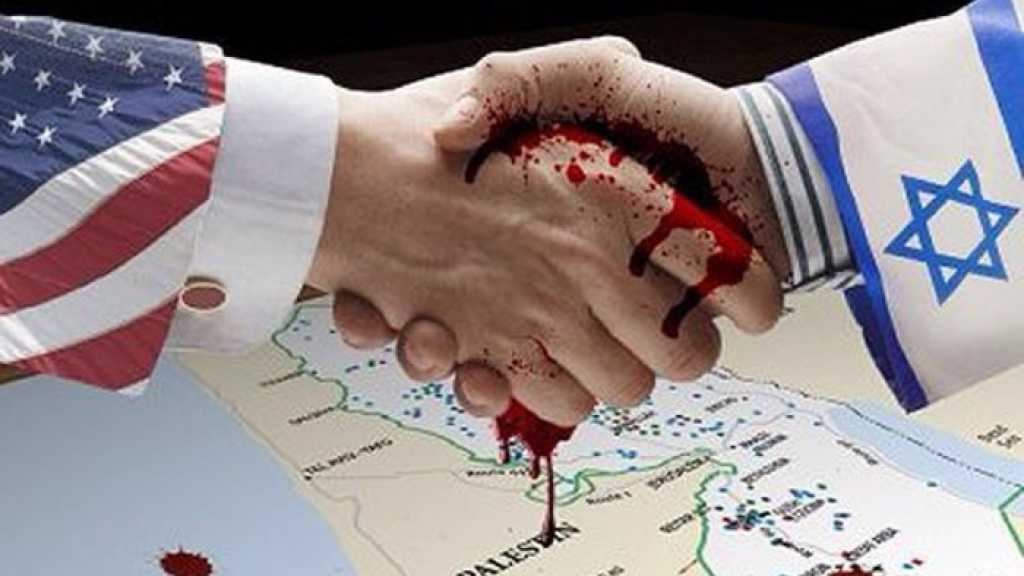
Esper Vs Trump: No Evidence Iran Sought to Target Embassies

By Staff, Agencies
For 10 days, President Trump and his team have struggled to describe the reasoning behind the decision to launch a drone strike against Lieutenant Martyr Qassim Soleimani, the commander Al-Quds forces.
On Sunday came the latest twist. US War Secretary Mark T. Esper said he was never shown any specific piece of evidence that Iran was planning an attack on four American embassies, as Trump had claimed just two days earlier.
“I didn’t see one with regard to four embassies,” Esper said on CBS’s “Face the Nation.” But he added: “I share the president’s view that probably — my expectation was they were going to go after our embassies. The embassies are the most prominent display of American presence in a country.”
The sharp disparity between the US president and his war secretary only added to the public debate over the Jan. This comes as Democrats in Congress, as well as some Republicans, have said the administration has not provided evidence even in classified briefings to back up the claim of an “imminent” attack, nor has it mentioned that four embassies were targeted. Even some Pentagon officials have said privately that they were unaware of any intelligence suggesting that a large-scale attack was in the offing.
Trump himself has made clear in other circumstances that he does not trust the intelligence agencies that he is now citing to justify his decision to eliminate General Soleimani. Moreover, given his long history of falsehoods and distortions, Trump has his own credibility issues that further cloud the picture. All of which means the administration’s failure to provide a consistent explanation has sown doubts and exposed it to criticism.
Several officials said they did not have enough concrete information to describe such a threat as “imminent,” despite the administration’s assertion, but they did see a worrying pattern. A State Department official has privately said it was a mistake for Secretary of State Mike Pompeo to use the word “imminent” because it suggested a level of specificity that was not borne out by the intelligence.
“I have not seen the intelligence, just to be clear, but it is sometimes possible for the reporting of planned attacks to be very compelling even without specificity of time, target or method,” said John E. McLaughlin, a former acting CIA. Director.
Comments
- Related News



